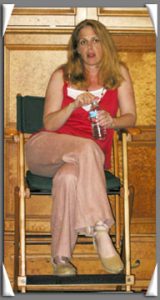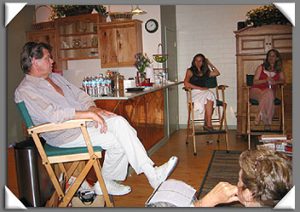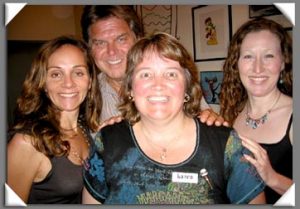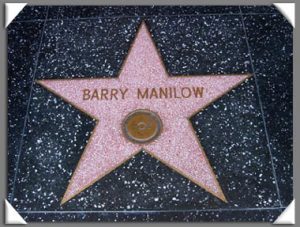Yesterday, Drew and I, along with a couple hundred other people, went to an all-day Internet marketing seminar at a major Atlanta hotel convention center. We both are researching some new business ventures, but we were primarily interested in learning about driving traffic to our existing web sites. If someone is offering a free teleconference, webinar or seminar on a topic in which I’m interested, I take advantage of every opportunity to learn something new. Even one bit of useful information can give me a competitive advantage.
The company sponsoring yesterday’s event is in the business of selling web sites to people who want to sell products. The marketing principles for a web site promoting a service like voice-over acting and a product line are the same. As with brick and mortar companies, my on-line presence is an extension of my off-line business. I heard some very useful information about improving my search engine rankings and some clever marketing techniques that made the day worthwhile.
Of course, spending a rare weekday with Drew was the best part! 🙂 A nice lunch at the hotel was included in this slick presentation; after all, you needed to keep your strength up if you were going to be able to sign your name on your check or credit card slip when you made your major purchase later in the day.In looking over some of my material and doing my own research, I ran across a free e-book titled Starting Your Internet Business. The book is offered on a site that interacts heavily with eBay merchants and Entrepreneur Magazine, and the book seems to have some good tips about setting up your on-line business.
I was particularly interested to note the comments in chapter 11 about the merchant account. A merchant account is the company that does your credit card processing for you. Voice talent who accept credit cards tend to use PayPal to perform this service, but businesses selling a product need to provide a secure, click-and-go ordering and credit verification system in their interface. If you have a heavy volume of credit card processing, you should consider getting your own merchant account as not everyone has or is comfortable using a PayPal account.
The company presenting the yesterday’s seminar was charging a special workshop rate of $999 for the merchant account. When I say special rate, they said the normal rate was $1800! However, to entice you to sign up at the workshop, the rate was discounted. To report all the facts, I should mention that this rate would apply to all of the sites that you purchased. The presenting company was really pushing 6 sites; I won’t even tell you how much they wanted for the site set-up and monthly programming.
However, Chris Malta, the e-book author, mentioned that a merchant account could be obtained for less than $200!. I’ve been thinking about getting a merchant account for my voice-over business and will look into the sources that he lists. Obviously, it pays to do your homework and shop around for your services. I wondered how many of those people yesterday signed up for the full package, not even knowing what product line they wanted to sell, much less a comparison cost of other providers’ web development and hosting fees. Also, while I’m on this tangent, the presenting company yesterday kept discussing drop-shippers as a source of products, but they never bothered to mention that you probably have to pay to get access to the best directories of suppliers.
I haven’t finished reading everything in the free e-book, but he also talks about some basic business items like a tax ID. At first glance, a voice-over person might not think much in this book would apply to his or her situation. However, lessons can be extrapolated from every book on business!
I particularly wish that every person dreaming of a career in voice-over who plans to write to me would first read chapter 9, The Real Business World. The author wrote that if you only remember one chapter in the book, it should be this one. Malta included 3 typical e-mails that he has received, along with his analysis of each person’s chance for success. If the subject were voice-over instead home business and drop-shipping, I could say that I have received similar e-mails and had similar gut reactions to them. In addition, the drop-shipper who wrote asking to be removed from the directory listed recurring problematic themes that I have noticed from people who write to me for guidance.
While I personally respond to everyone who contacts me requesting information, I also have noticed that 99% of the people never bother to thank me for my time (and time is money, you know!) or give me any indication whether my communication with them was helpful. I make this statement not because my ego needs stroking, but to point out the decline of courtesy in our society. Simple courtesy is a much-desired trait in business and in life.
In short, you CAN make your dreams about your business into a reality….by doing your own research, taking consistent action toward your goals, always learning new things and treating others with respect.









